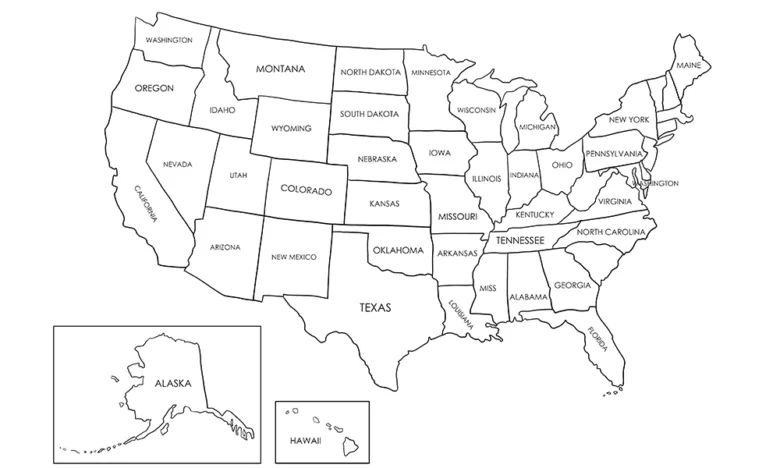
Have you noticed achy joints, decreased flexibility, or a general feeling of stiffness since entering menopause? You’re not alone! These changes can be frustrating, but they might be due to something you have not heard much about fascia.
What is Fascia?
Fascia is often called the body’s “forgotten organ.” It’s a web of connective tissue that surrounds everything from your muscles and bones to your organs and nerves. Think of it as a three-dimensional bodysuit that holds everything in place and allows for smooth, pain-free movement.
Why Does Fascia Matter During Menopause?
Estrogen plays a crucial role in keeping fascia healthy and hydrated. As estrogen levels decline during menopause, fascia can become dry, stiff, and less elastic. This can contribute to a variety of issues, including:
- Joint pain and stiffness
- Reduced range of motion
- Increased risk of injury
- General aches and pains
Taking Charge of Your Fascia
The good news is that there are steps you can take to improve your fascia health and feel better during menopause. Here are a few tips:
- Move your body regularly: Aim for at least 30 minutes of moderate-intensity exercise most days of the week. Activities like yoga, Pilates, and swimming are excellent for fascia health.
- Stay hydrated: Drinking plenty of water helps keep your fascia tissues supple.
- Self-massage: Techniques like foam rolling can help break up adhesions and improve fascia mobility.
- Consider professional help: A fascia specialist can help you develop a personalized plan to address your specific needs.
If you’re experiencing the aches and pains of menopause and suspect fascia might be playing a role, I can help. Let’s hop on a call to discuss your unique situation and create a plan to get you feeling your best again.










